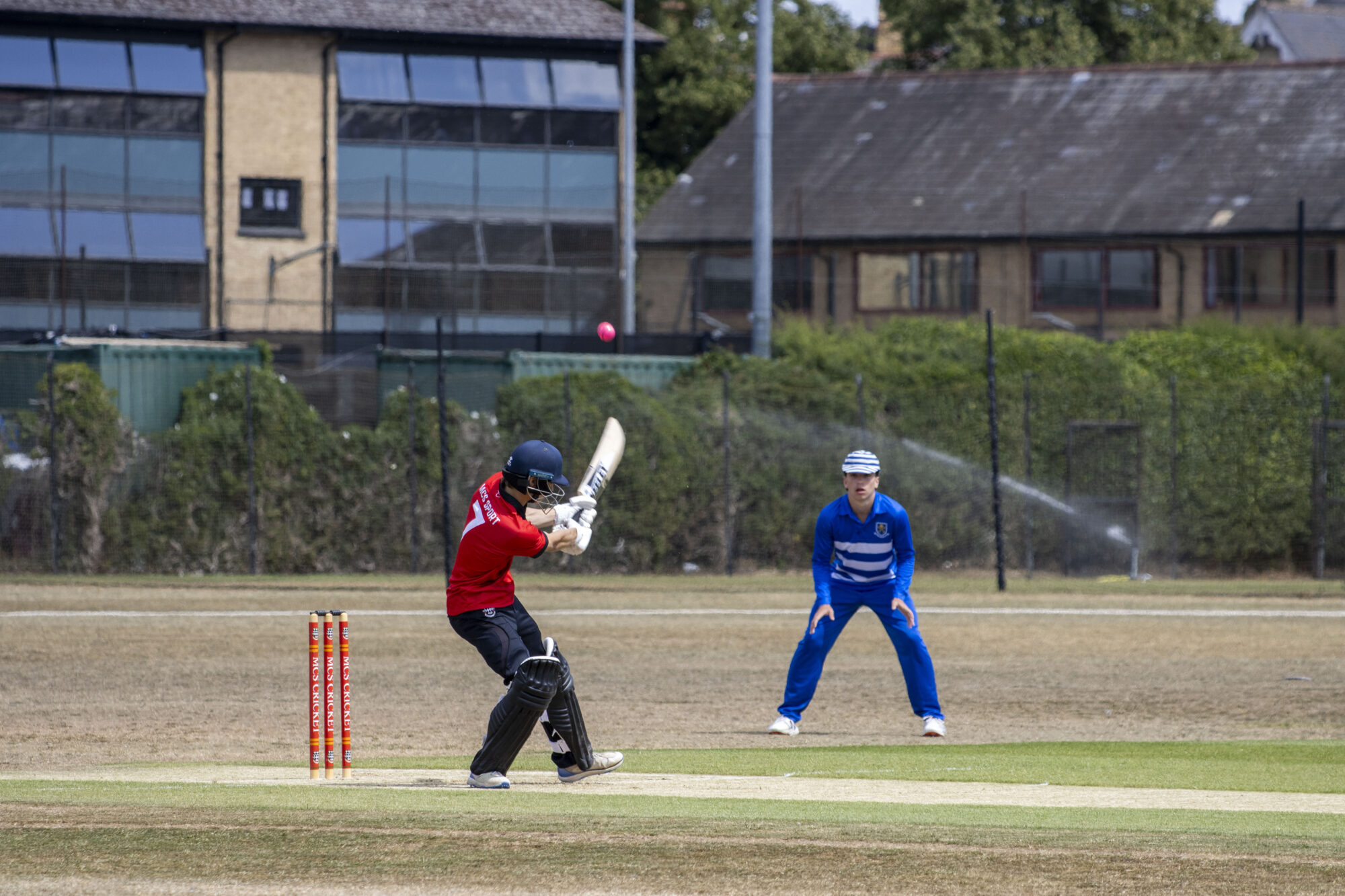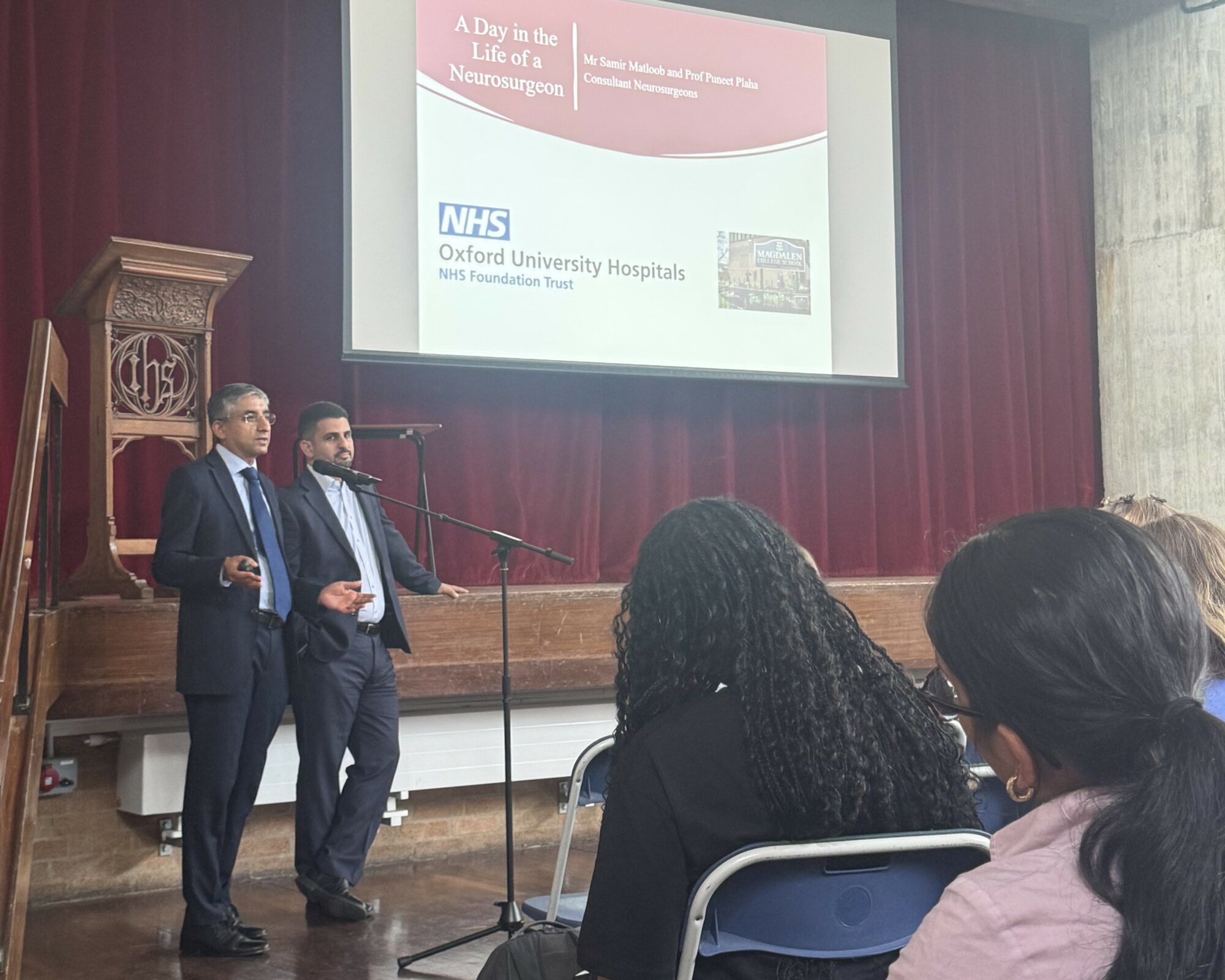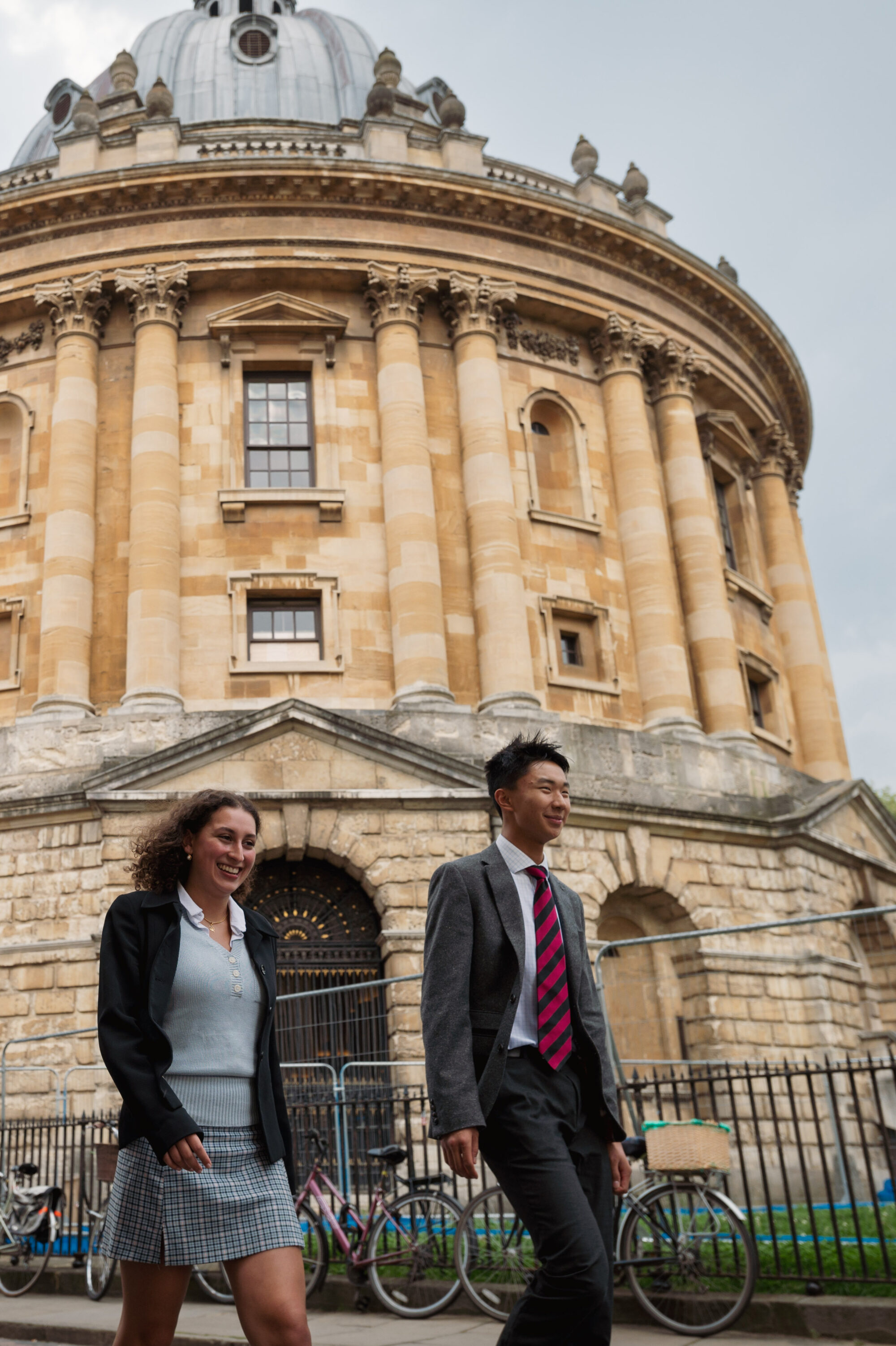OW John Harrop informed MCS of Brian’s death on 25 January 2012 aged 92. The following was published in The Times:
Brian Shefton was one of Britain’s leading classical archaeologists and contributed enormously over more than 50 years to the research, teaching and dissemination of his subject. His particular area of expertise was the examination of the cross-cultural influences between European civilisations, with particular reference to Greece, in the first millennium BC, though that belittles his contributions over a far wider scope, not least to the Levant. He was born Brian Scheftelowitz in 1919, the son of a professor of philology in Cologne, and though from a rabbinical family, was educated in Catholic schools, both before and after the family left Germany in 1933. His undergraduate career, reading Greats at Oriel College, Oxford, interrupted by war service, was much influenced by two scholars, Sir John Beazley and Paul Jacobsthal, whose precise approach to archaeological objects, Greek and European, influenced much later work. Shefton, the name he adopted in England, spent time in Athens during the late 1940s, including some excavation experience, then taught for five years at Exeter University before moving, in 1955, to a lectureship in the classics department at Newcastle upon Tyne. There his activity and influence became almost legendary, in a true Greek sense, continuing after his retirement in 1984 until his death.
From nothing he built up an impressive collection of books, many not available in any other British library, and of antiquities, in a museum that was officially named the Shefton Museum of Greek Art and Archaeology in 1994. His powers of persuasion were remarkable and the collection he assembled can now be seen in a gallery named after him in the Great North Museum. Shefton was a strong backer of an open market in antiquities, and this caused friction in various directions, both with respect to the acquisitions for the collection and in discussions on an international level. He was chosen by the appointing committee for the post of Keeper of Greek and Roman Antiquities in the British Museum in 1976, only for the recommendation to be overturned at a higher level, ostensibly because he was thought too old.
While his published work tended to be largely in the form of articles, not books, an unsung contribution should be mentioned. Among the early ‘coffee table’ volumes of the 1950s was one on Greek painted pottery, originally published in German, with a text by the Italian doyen Enrico Arias. Shefton translated the text, all but rewriting it, to produce one of the most reliable general works on the subject: A History of Greek Vase Painting (1962). Because he was both a stickler for accuracy and a tangential thinker, it is perhaps not surprising that in many of his articles the footnotes far outweigh the text in length, and often, indeed, substance.
His lectures and talks also had the same habit, rarely running to time. However, interest was always held and the audience could not predict how long the next aside would be, nor how visible the next grainy, snapshot slide. In 2008, aged 89, he gave his first PowerPoint presentation, captivating an audience at the British Museum by his delivery of a talk without notes, standing up, despite hip replacements. He remained an inveterate traveller and the lectures he gave around the world had the added interest that those listening did not know whether a sentence begun in French or German would end in the same language via however many others. Here his enthusiasm and boundless curiosity were an inspiration to young scholars everywhere, he would always enquire about their work and give whatever guidance he could.
He was elected a Fellow of the British Academy in 1985 and received its Kenyon Medal in 1999 on the occasion of the presentation of a Festschrift to mark his 80th birthday. He returned to Cologne in 1989 to receive the degree of doctor of philosophy. Indeed, it is probably outside Britain that his work was best appreciated, dealing, as much of it did, with such matters as the spread of luxury culture from the central Mediterranean to the west and north. When investing him with an honorary fellowship in 2005, Sir John Burn, professor of Clinical Genetics at Newcastle University, said ‘When it comes to the stuff of which a university is made, there’s nothing like a steady, predictably member of staff and Brian Shefton was and is nothing like a steady, predictable member of staff. Rather he is the stuff of what great academic institutions are built, imaginative, bold and irrepressible.’ He is survived by his wife, Jutta, and a daughter, Penny.
 MCS ranks among the top independent secondary schools, and in 2024 was awarded Independent School of the Year for our contribution to social mobility.
MCS ranks among the top independent secondary schools, and in 2024 was awarded Independent School of the Year for our contribution to social mobility.

 28 of our pupils achieved 10 or more 8 or 9 grades in 2024.
28 of our pupils achieved 10 or more 8 or 9 grades in 2024.
 In 2023-24, MCS received over £448,000 in donated funds.
In 2023-24, MCS received over £448,000 in donated funds.




